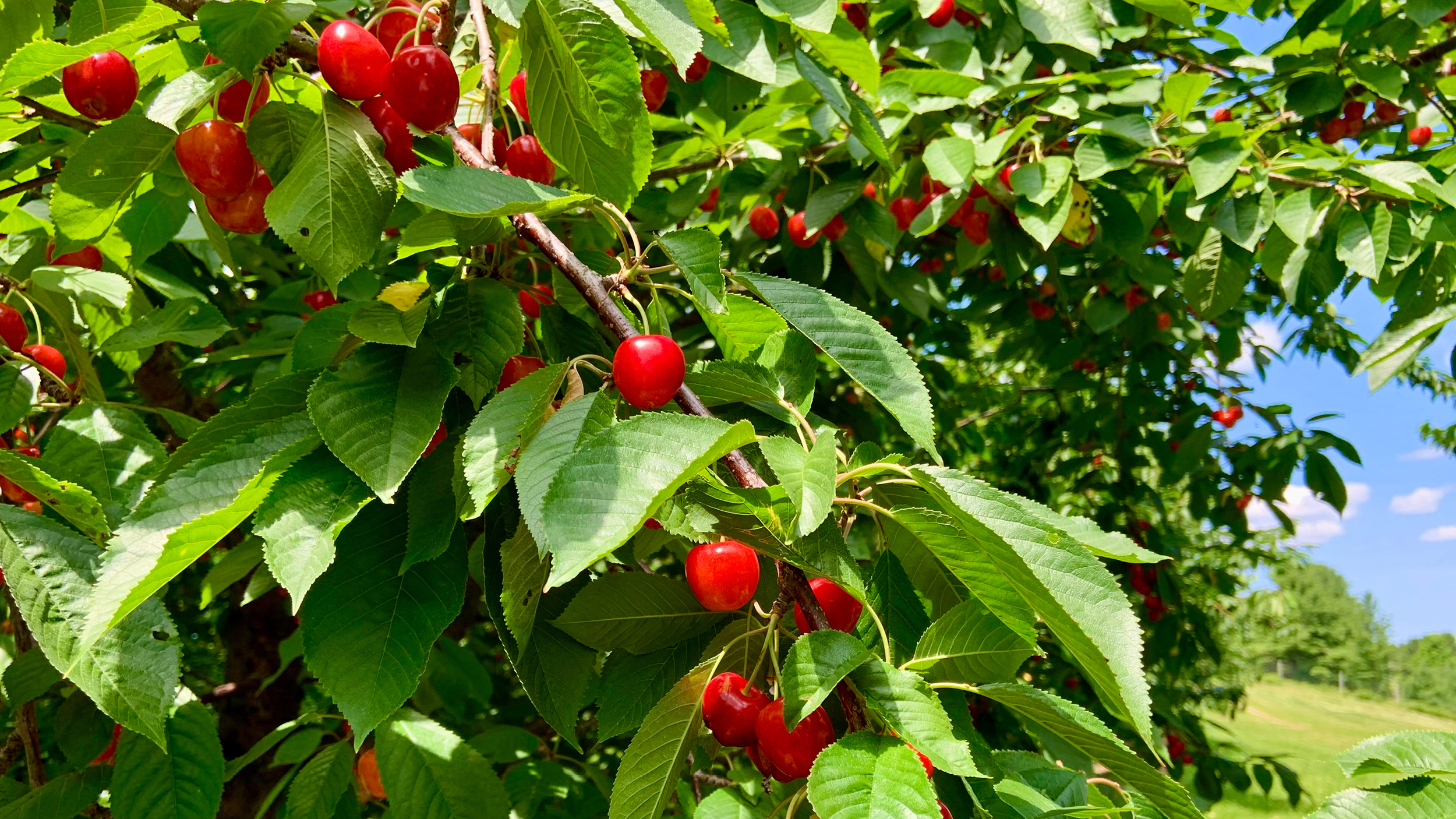
Michigan is the second most agriculturally diverse state in the United States, especially when talking about crops. Michigan is also a top producer of specialty crops. So, what are specialty crops? The lawful definition provided by the USDA is any “fruits and vegetables, tree nuts, dried fruits, horticulture, and nursery crops, including floriculture." A few examples of specialty crops are asparagus, cherries, American hazelnuts, and u-pick berries. If you are a specialty crop producer in Michigan, you know the risks involved in agriculture. Extreme weather events, pests like Spotted Wing Drosophila (SWD) in blueberries, and disease outbreaks can cause crop damage or loss, which can have a significant financial impact on non-insured farmers. Fortunately, specialty crop insurance is available to help mitigate these risks.
You may be asking yourself, what is specialty crop insurance and how does it differ from regular crop insurance? Specialty crop insurance is a type of insurance that provides coverage for crops that are not covered by traditional crop insurance policies. Specialty crops are typically high-value crops that require significant investment in time, labor, and resources as opposed to cover crops like corn, wheat, and soybeans. Specialty crops also tend to be grown on a smaller scale and have less established markets and price supports compared to cover crops. The purpose of specialty crop insurance, like typical crop insurance, is to protect growers from financial loss due to natural disasters, pests, disease outbreaks, and other risks that could damage or destroy their crops. Specialty crop insurance provides a more targeted protection for the unique risks faced by these growers, while regular crop insurance policies offer more standardized coverage for commodity crops (USDA).
So, how does specialty crop insurance work in Michigan? The USDA offers a range of crop insurance policies for specialty crops. The most common specialty crop insurance policies in Michigan include the Whole-Farm Revenue Protection (WFRP) policy and the Multi-Peril Crop Insurance (MPCI) policy (USDA). The WFRP policy uses a farm’s historical revenue, via tax records and historical farm income, along with its projected revenue and producers’ elections, to guarantee a revenue from all produced crops. It provides comprehensive coverage for all crops grown on a farm, including specialty crops. This policy is ideal for farms with multiple crops and diverse production. The WFRP policy provides coverage for revenue losses due to natural disasters, market fluctuations, and other damages or losses. The MPCI policy differs in that it is designed to protect specialty crop growers from losses due to weather-related events such as drought, excessive rain, and frost. This policy provides coverage for yield losses and revenue losses due to weather-related events.
If you feel you could benefit from a specialty crop insurance policy, please reach out to Peoples Company crop insurance agent, Craig Nielsen (Craig.Nielsen@PeoplesCompany.com). Peoples Company is licensed to offer crop insurance in 13 states. The cost of specialty crop insurance varies based on factors such as crop type, location, and coverage level. Our agent will help you determine the type of policy that best fits your needs.
Michigan specialty crop insurance is an underutilized tool for growers in the area producing high-value crops. By providing protection against financial losses due to pests, disease outbreaks, and natural disasters; specialty crop insurance helps to ensure the sustainability of Michigan’s specialty crop industry. If you are a specialty crop grower in Michigan, or in another state, consider investing in specialty crop insurance to protect your investment and ensure the long-term success of your farming operation.
.jpg)






